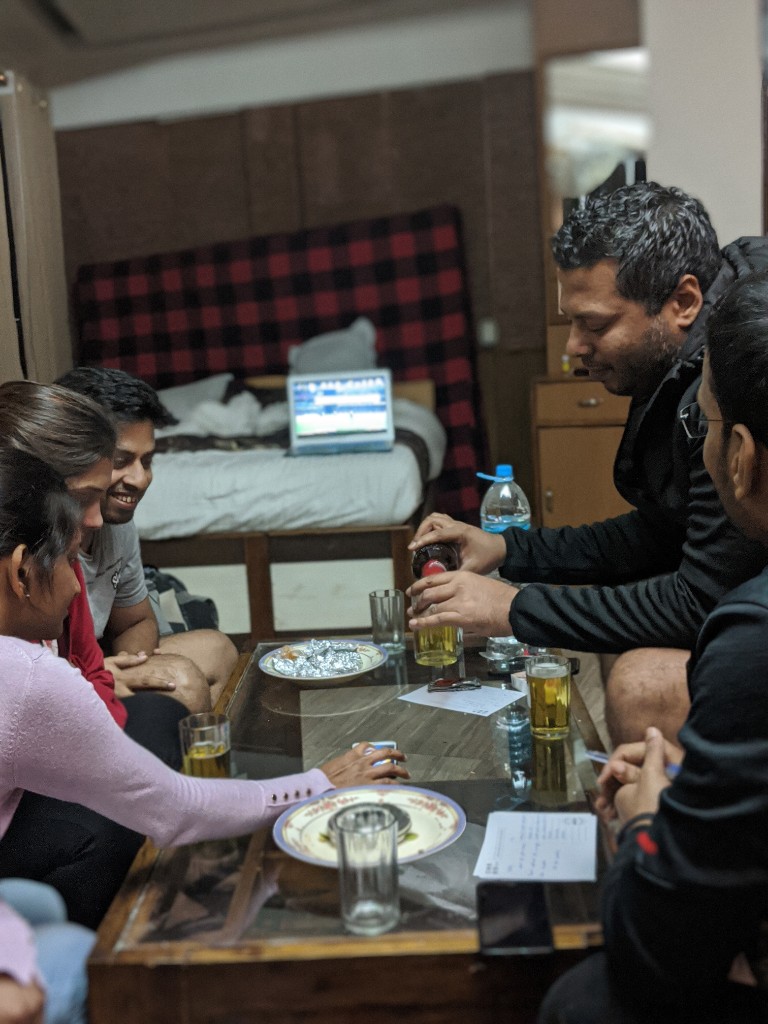
How to avoid overspending on a family trip
A family trip is a great opportunity to bond and have quality time but at the same time it can be very hefty on the pocket. Since families are many people of different ages a trip with family have different needs. Here are some tips to help you avoid overspending on a family trip:
Table of Contents
1. Set a family trip budget:

Before you plan your trip, determine how much you can afford to spend. Allocate specific amounts for accommodation, transportation, food, activities, and souvenirs. Stick to this budget throughout your trip.
2. Research and compare prices:

Look for the best deals on flights, accommodations, and attractions. Use comparison websites or travel apps to find the most cost-effective options. Be flexible with your travel dates to take advantage of lower prices.
3. Plan and book in advance:

Planning early allows you to secure better prices and availability. Book flights and accommodations well ahead of time to avoid last-minute, more expensive options. This applies to attractions and activities as well, as you may find discounted prices for early booking.
4. Choose cost-effective destinations:

Consider destinations that offer a good value for your money. Look for places with lower costs of living or where your currency has a favorable exchange rate. Opt for locations with free or affordable attractions and activities.
5. Pack snacks and drinks:

Bring a supply of snacks and drinks from home to avoid overspending on pricey airport or convenience store options. Having these readily available can also prevent impulse purchases.
6. Cook some of your meals:

Book accommodations with kitchen facilities to save money on dining out for every meal. Prepare a few simple meals in your accommodation, especially breakfasts or packed lunches for day trips.
7. Use public transportation:

Utilise public transportation instead of taxis or rental cars whenever possible. It is often more cost-effective and gives you an authentic local experience. Research transportation options in advance and plan your routes.
8. Look for free or low-cost activities:

Research and explore free or low-cost attractions and activities in your destination. Parks, museums with free admission days, local markets, or outdoor activities such as hiking or beach visits are often budget-friendly options.
9. Avoid unnecessary souvenirs:

Souvenirs can quickly add up, so be mindful of your purchases. Instead, focus on collecting meaningful and budget-friendly keepsakes such as postcards or local crafts. Encourage your kids to keep a travel journal to document their memories.
10. Monitor your expenses:

Keep track of your spending throughout the trip to ensure you stay within your budget. Use budgeting apps or simply jot down your expenses in a notebook. Regularly reviewing your spending helps you identify areas where you may need to cut back.
Remember, the key is to prioritise and find a balance between cost-saving measures and enjoying your trip. By planning ahead, being mindful of your spending, and making strategic choices, you can have a memorable family trip without overspending.











